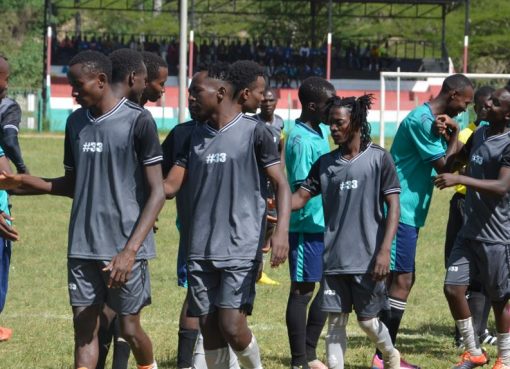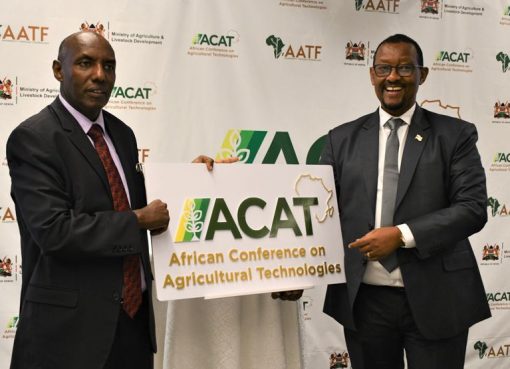Seven countries of the Southwest Indian Ocean have set up a regional network to assess and mitigate the impact of climate change on small-scale fisheries in the region.
The countries under the ECOFISH programme namely Kenya, Comoros, Madagascar, Mauritius, Mozambique, Seychelles and Tanzania/Zanzibar, say that the network and cooperation will provide the region and its member countries with the necessary data to measure the extent of climate change impact on the region’s fisheries resources
The cooperation was reached upon after a regional meeting held in Nairobi to assess and predict the potential impacts of climate change on small-scale fisheries in the region that involved decision-makers from the Ministry of Fisheries, researchers from climate change research institutions, as well as the National Focal Points of ECOFISH Programme from the seven countries.
ECOFISH is an interregional programme funded by the European Union, which brings equitable economic growth through the promotion of sustainable fisheries in the region of Eastern Africa, Southern Africa and the Indian Ocean.
While the global food security is becoming a prominent issue, Vêlayoudom Marimoutou, Secretary General of the Indian Ocean Commission said with the kind of network , countries will be able to work together towards identifying appropriate solutions and creating synergies, because climate change is a global issue
According to the stakeholders, the initiative is timely particularly because if the global temperature were to increase by 2°C, the fish stock of the Southwest Indian Ocean would decrease by 15 to 50 percent compared to that of 2005.
This would worsen an already grim food situation, since fish represents about 17percent of animal protein in the world.
Vincent Degert, Ambassador of the European Union (EU) to the Republic of Mauritius and the Republic of Seychelles said it is essential for the region to find solutions to preserve the important food and economic resource.
The workshop adopted the report and proposed 17 series of indicators to assess the effects of climate change on fisheries resources in the region.
These indicators include environmental and socio-economic data, as well as data on governance, climate finance, etc. and provide a comprehensive view of the challenges to be met.
According to the stakeholders, the regional collaboration aimed at coping with climate change is particularly relevant because about 80 percent of the negative effects of global warming are felt in Africa, while the African continent produces only 4 percent of the emissions causing the problem.
According to Rodrick Kundu, Director in the State Department for Fisheries, Aquaculture & Blue Economy, Kenya’s fishing industry is staring at a bleak future due to the adverse impact of climate change on the country’s water bodies.
The sector, which he said has been supporting millions of small-scale farmers has seen rising waters, high temperatures affecting our fishes . “Climate change has affected oxygen levels in water, increased salinity cases and this has affected fish production.
The sixth Assessment Report of the Intergovernmental Panel on Climate Change (IPCC) showcases that, of all ecosystems, the oceans are the most affected.
As a result, fishers who are unable to move around, diversify their activities and leverage technology to sustain their catches will be faced with the existential challenge of food insecurity.
According to the World bank, Due to the growing population and per capita income, demand for fish is expected to increase 30n percent by 2030 and if the current trend continues without management, the poorest countries will suffer the most.
Climate change aggravate these challenges with rising sea temperatures, harsher weather conditions for fishers, migration of fish to cooler waters away from the equator and shrinking fish size.
The National Focal Points of ECOFISH Programme is being implemented by the Indian Ocean Commission (IOC), Lake Tanganyika Agency (LTA), Lake Victoria Fisheries Organization (LVFO), Common Market for Eastern and Southern Africa (COMESA), East African Community (EAC), Intergovernmental Authority on Development (IGAD), Indian Ocean Tuna Commission (IOTC), Southern African Development Community (SADC) and South West Indian Ocean Fisheries Commission (SWIOFC).
By Wangari Ndirangu





